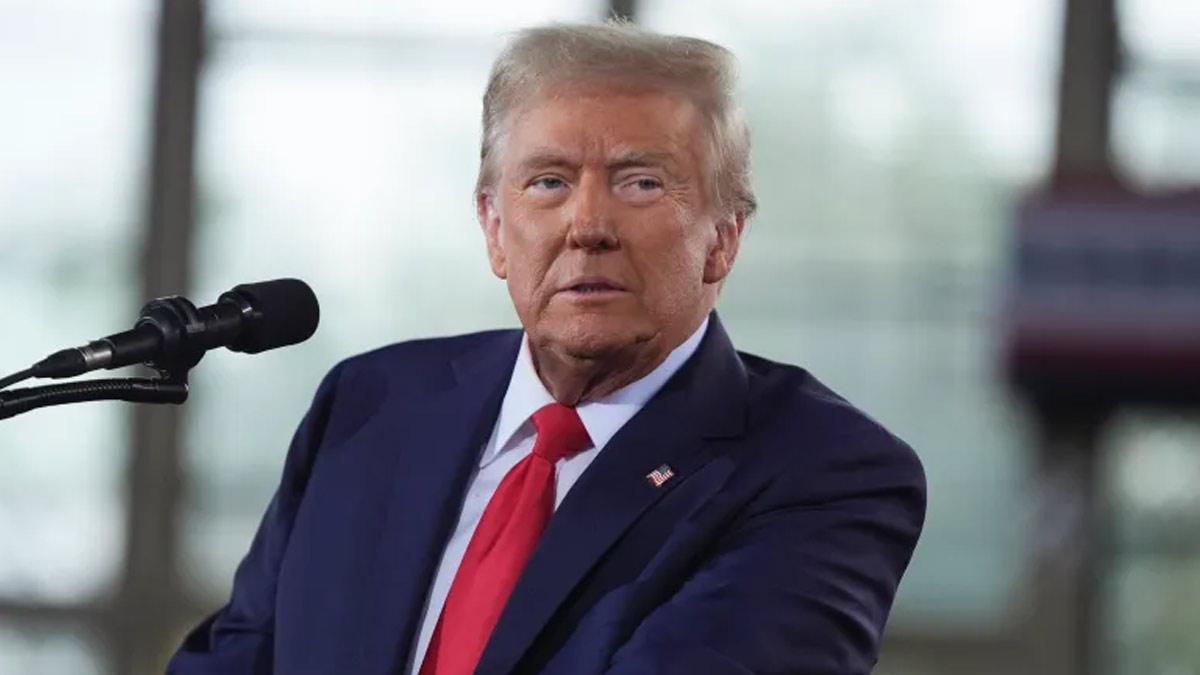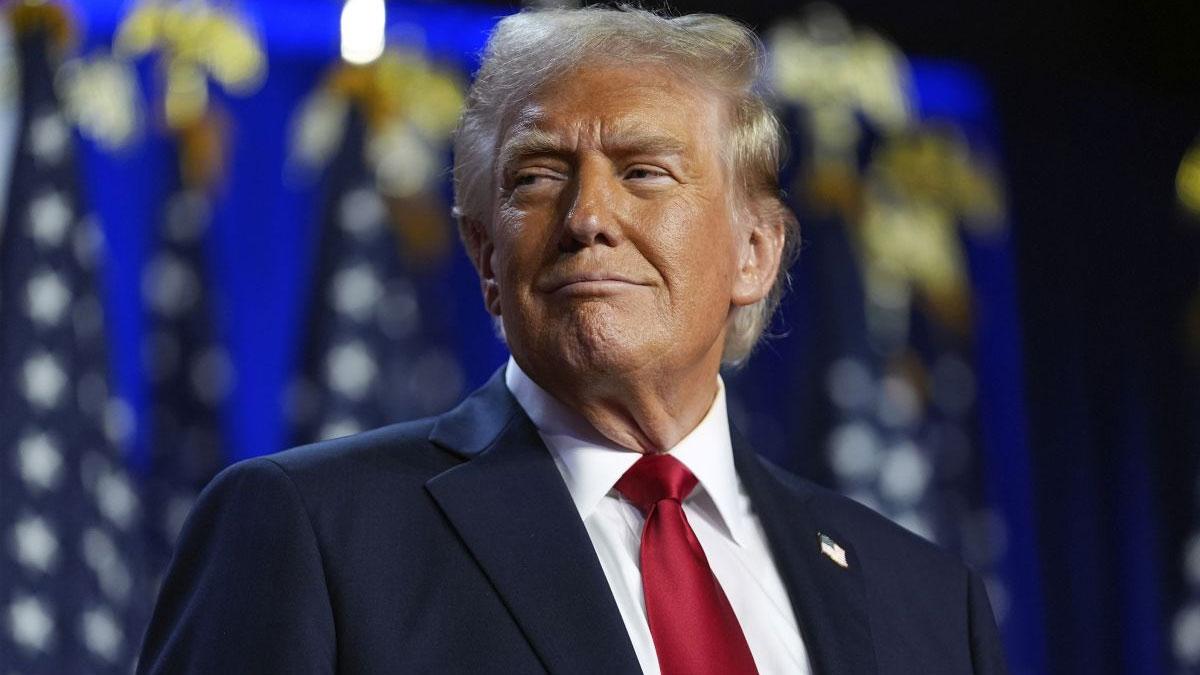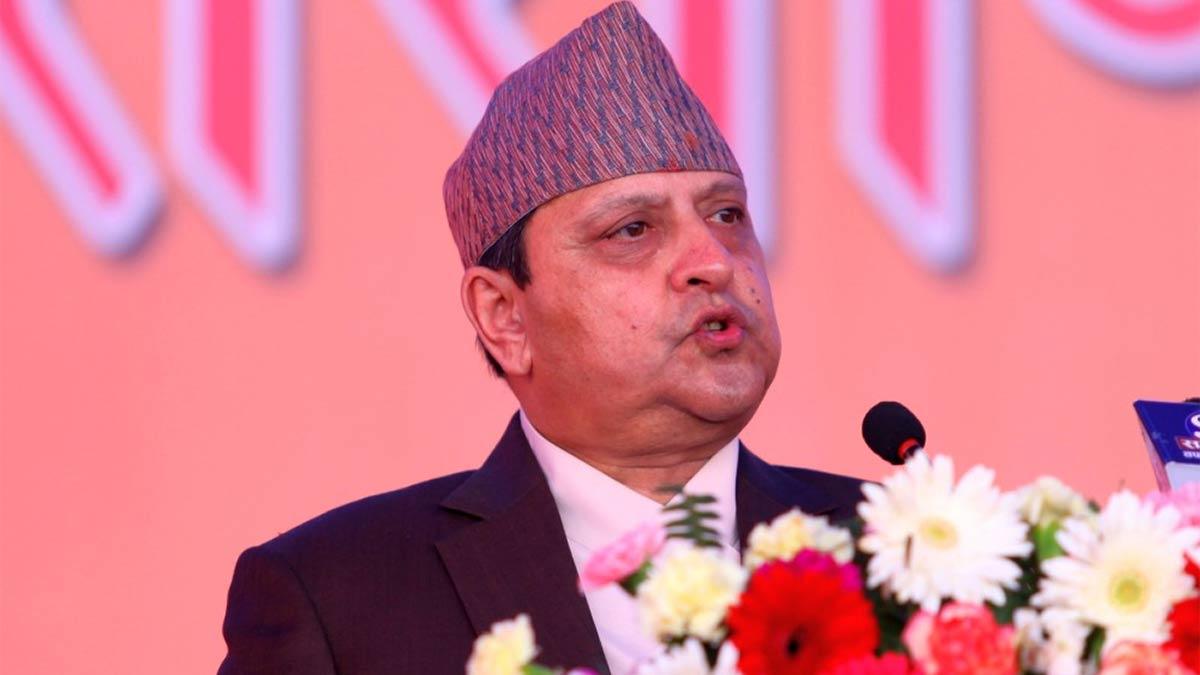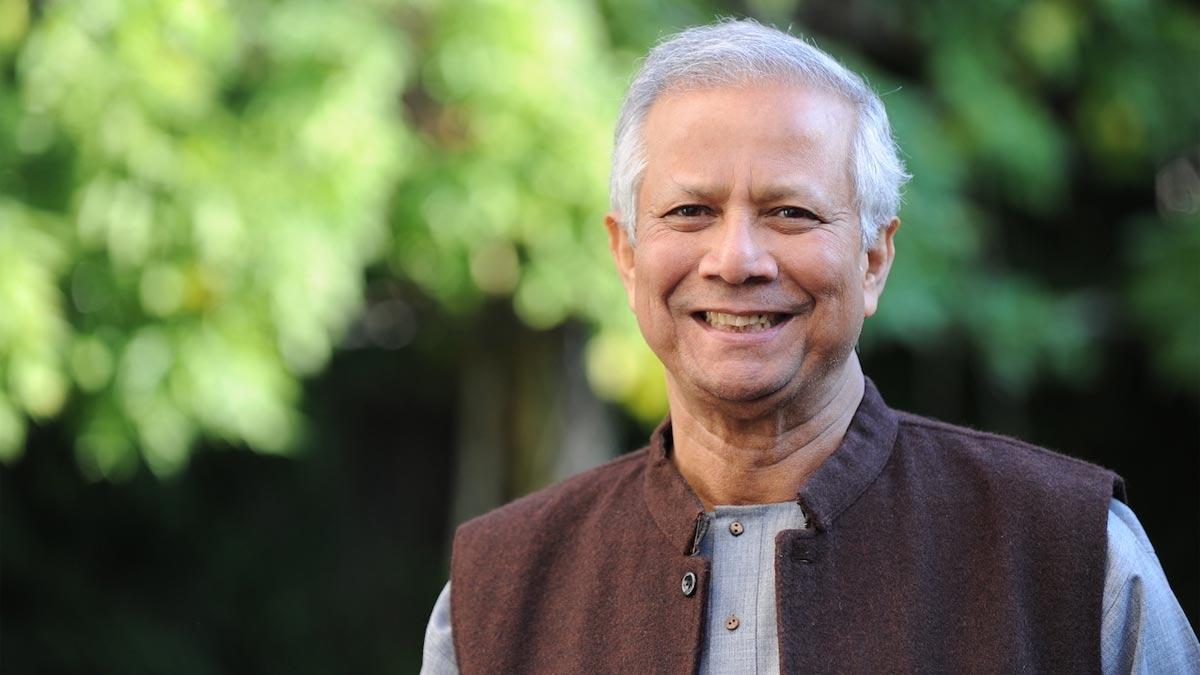One of the top economic advisers to US President Donald Trump remained tight-lipped on how many countries would be affected by the President's planned retaliatory tariffs this week, suggesting the plans are yet to be drawn up.
"President Trump is going to decide how many countries," National Economic Council Director Kevin Hassett told Fox News on Sunday in an interview.
Hassett's comments implied that the President was not yet decided.
"President Trump envisions a golden age for America, and we're working day and night to make it happen. I can't provide any forward-looking information on what's coming this week. The President is reviewing a tremendous amount of analysis and will make the best decision," he went on.
Hassett also was bullish on the President's tax reform proposal, stating Congressional Republicans are in an excellent position to push it through. He pointed to Trump's call to eliminate Social Security taxes, tips, and taxes on overtime pay, stating the proposal can get passed as early as this summer.
With April 2, the deadline for the new tariffs labeled "Liberation Day" by Trump, looming, uncertainty still lingers in the White House and among administration officials about the specifics of the trade measures.
Interior disagreements and policy shifts, even as the administration sought to reassure markets, have left many wondering about the course of Trump's trade policy.
According to US media, senior administration officials like Vice President J.D. Vance and Chief of Staff Susie Wiles have privately indicated their skepticism about Trump's specific plan on the next tariffs.
The uncertainty of the administration was most recently raised by the surprise imposition of a 25 percent tariff for the auto industry. It was executed so quickly that it disrupted other White House operations and surprised stakeholders in the industry.
These sudden shifts in policy have raised concern among companies and investors. Trump has nonetheless brushed aside concerns about rising auto prices, saying he "couldn't care less" if manufacturers make people pay more for cars.
The retaliatory tariffs that are being proposed aim to match the trade duties that other countries put on U.S. exports, which Trump views as unfair trade practices. But without definite details, international trading partners are in the dark as to how they should respond.
A number of countries have already begun taking proactive measures to counter the anticipated impact.
For instance, Canada has launched a public campaign in 12 states in the U.S., using billboards to highlight the economic burden of tariffs. Slogans such as "Tariffs are a tax on your grocery bill" aim to inform American consumers of the local impact of trade barriers, a New York Post report states.
As the April 2 deadline approaches, corporations, consumers, and policymakers hang in suspense, awaiting a decisive word from the White House. The administration's internal angst and Trump's erratic style of operating are keeping speculation alive regarding what "Liberation Day" will look like.
Read also| Trade Issues with India Will 'Work Out Very Well,' Says Trump


















